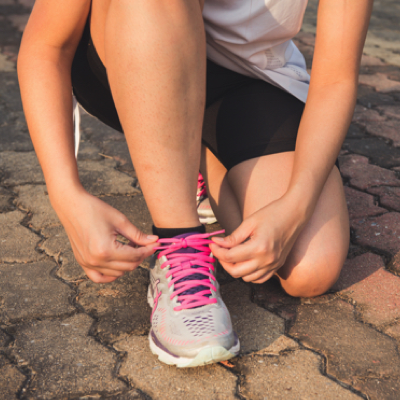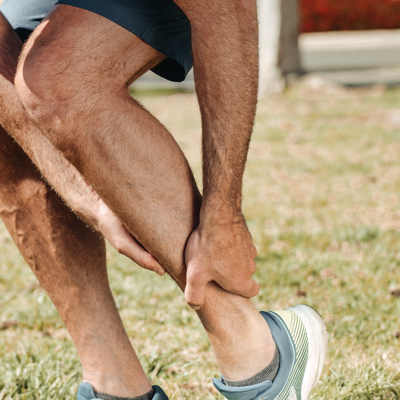Whilst sweating is of course a perfectly natural bodily function, there are a few points that we should keep in mind as runners, triathletes or whilst working out in a gym setting. In this post you will get a high level view of the science behind excessive sweat while running.
For many runners, there’s nothing quite like the mental uplift and post run calm of a long, challenging run. However, along with the sense of accomplishment and happiness, there’s often another constant companion: sweat. If you find yourself drenched after a run, more than everyone else, and wonder why you sweat so much, you’re not alone. What are the main factors in play?
Several factors can influence how much you sweat during your run. Firstly, genetics play a significant role. Some individuals naturally have more sweat glands and produce more sweat than others. Secondly, environmental conditions, such as temperature and humidity, can impact sweat production. Running in hot, humid weather will typically lead to more sweating. Additionally, your fitness level matters. As your body becomes more acclimated to exercise, it can become more efficient at cooling itself, resulting in less sweat over time.
Overactive Sweat Glands. While genetics and environmental factors play a vital role, some runners may experience excessive sweating due to overactive sweat glands, a condition known as hyperhidrosis. This condition can cause you to sweat profusely even in cool conditions or at rest. If you suspect you have hyperhidrosis, it’s advisable to consult Doctor or other health professional who can provide guidance and potential treatment options.
Hydration and Electrolytes are super important
Sweating during a run can also be influenced by your hydration status and electrolyte balance. Dehydration can lead to increased sweat production as your body tries to cool down while simultaneously conserving fluids. Ensuring you are well-hydrated and maintaining a proper balance of electrolytes can help reduce excessive sweating and the potential for muscle cramp (often brought on by dehydration.
The Importance of Sweat
While excessive sweating can be inconvenient, it’s essential to remember that sweating is a vital part of your body’s cooling mechanism. It helps prevent overheating, which can lead to heat exhaustion or heat stroke during intense workouts. Embrace the sweat as a sign that your body is working hard to keep you safe and comfortable.
If you find that excessive sweating during your runs is bothersome, there are some steps you can take to manage it. Choose moisture-wicking clothing to help keep you dry and comfortable. Stay well-hydrated before, during, and after your run to support your body’s cooling system. Consider using antiperspirants specifically designed for sports or activities. Finally, if excessive sweating persists and affects your daily life, consult a healthcare professional for further evaluation and potential treatment options.
If you have a particular concern that you would like to discuss please reach out and I would be very happy to help you/




